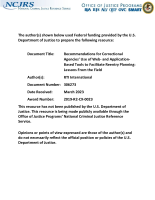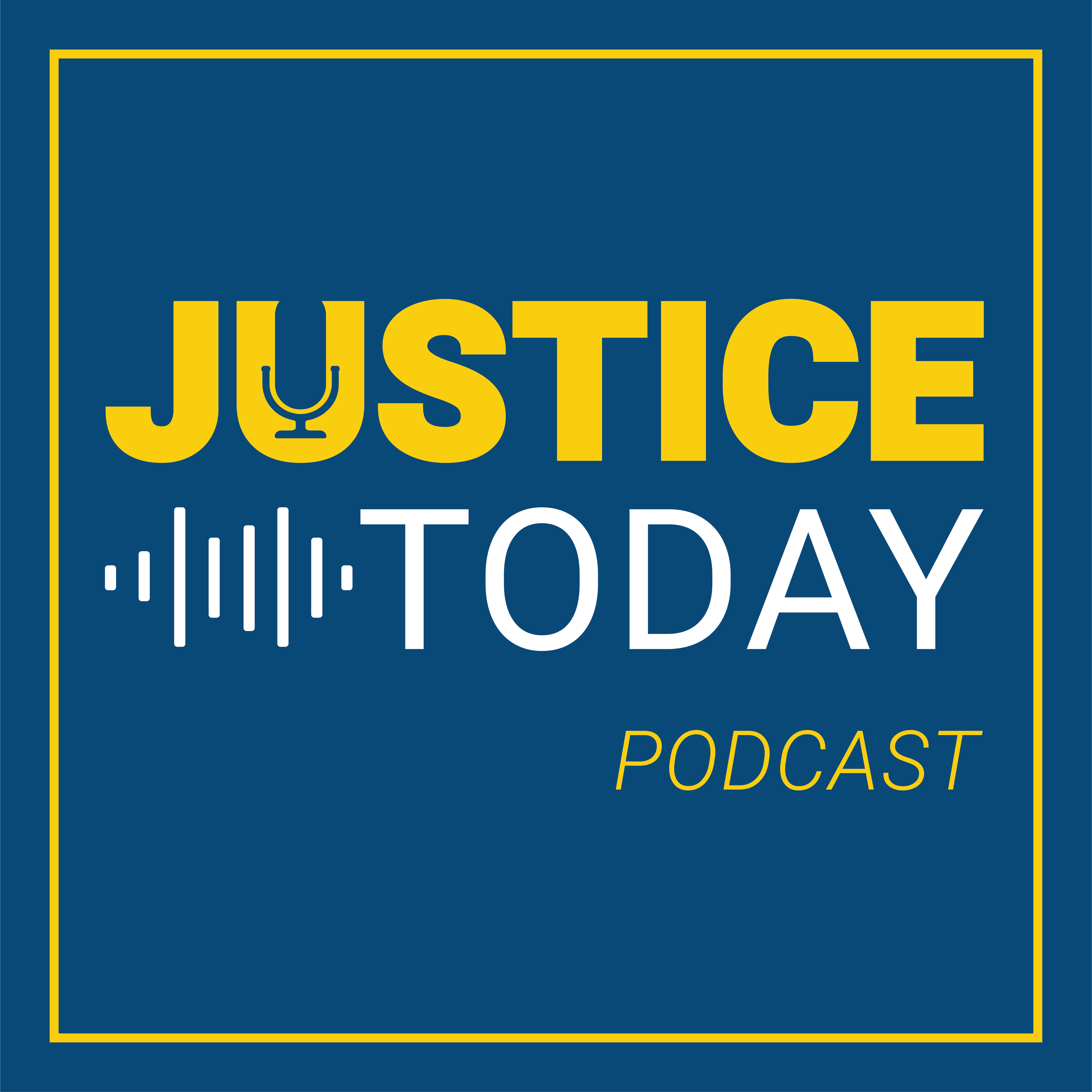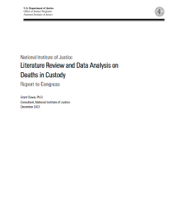Adult correctional facilities
The Development and Implementation of Dialectical Behavior Therapy in Forensic Settings
Inmate Constitutional Rights and Exposure to Extreme Heat in Correctional Facilities
A Leg Up: NIJ's Graduate Research Fellowship Program
NIJ Director Dr. Nancy La Vigne joins the show to interview Dr. Marie Garcia, Director of NIJ’s Criminal Justice Systems Division and a former NIJ graduate research fellow. They discuss the application process, Marie’s experience as a fellow while at Temple University, and advice for future applicants.
Reading and Resources from NIJ:
Congress, Courts and Corrections: An Empirical Perspective on the Prison Litigation Reform Act
The Impact of Correctional CCTV Cameras on Infractions and Investigations: A Synthetic Control Approach to Evaluating Surveillance System Upgrades in a Minnesota Prison
Audio Analytics and Other Upgrades in Correctional Surveillance Systems
Optimizing surveillance systems in correctional settings
National Institute of Justice Literature Review and Data Analysis on Deaths in Custody, Report to Congress
Real-time location fingerprinting for mobile devices in an indoor prison setting
Desistance from Crime: Interventions to Help Promote Desistance and Reduce Recidivism
No single criminal justice agency can promote desistance on its own. Partnerships across state, local, and federal agencies — along with the support of family and community stakeholders — are instrumental in supporting desistance from crime and reducing recidivism.
Law enforcement, courts, corrections, and community supervision agencies play a key role in the desistance process and reducing recidivism.
See the YouTube Terms of Service and Google Privacy Policy











